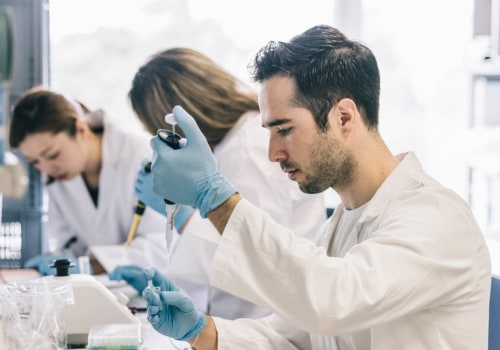Hospital laboratories are essential for providing accurate and timely medical care. They play a critical role in ensuring that the right tests are included in clinical order sets and that unnecessary testing is avoided. By performing tests quickly, hospital laboratories help to ensure that diagnostic and therapeutic decisions are not delayed. In addition to providing timely results, hospital laboratories also help to ensure accuracy.
By using the latest technology and techniques, they can provide reliable results that can be used to make informed decisions about patient care. This helps to reduce the risk of misdiagnosis and other errors that can have serious consequences for patients. Hospital laboratories also help to reduce costs by eliminating unnecessary testing. By ensuring that only the tests that are necessary are performed, they can help to reduce the overall cost of patient care.
This is especially important in today's healthcare environment, where costs are rising and resources are limited. Finally, hospital laboratories play an important role in research and development. By providing accurate data, they can help to advance medical knowledge and develop new treatments and therapies. This helps to improve patient outcomes and ensure that the latest treatments are available to those who need them.
Overall, hospital laboratories are an essential part of any healthcare system. They provide accurate and timely results, help to reduce costs, and contribute to research and development. Without them, it would be difficult to provide the high-quality care that patients need and deserve.








